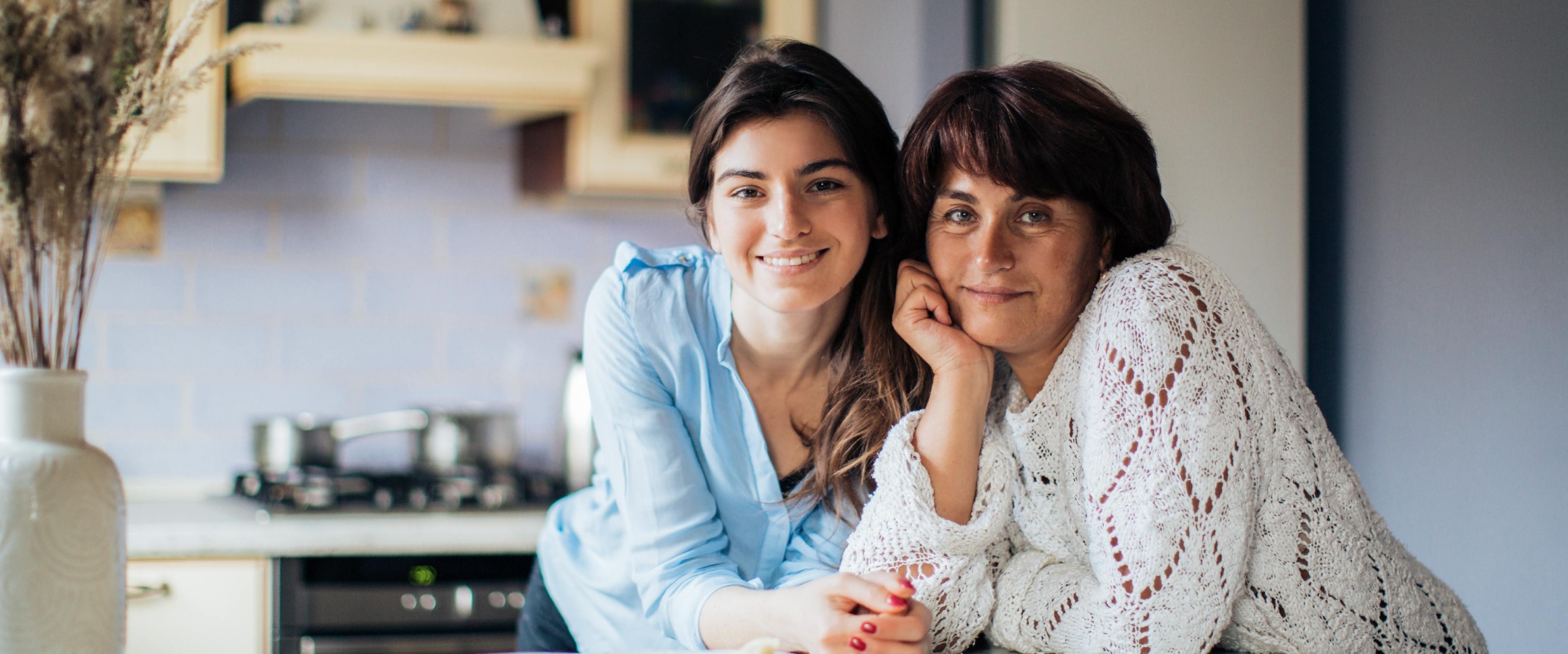by Sonia Nanda Certified Genetic Counsellor, Women’s College Research Institute
Adapted from an article originally posted in CBCN’s Network News
Who are genetic counsellors and what do they do?
A genetic counsellor is a health care professional with specialized education, training, and experience in medical genetics and counselling. Genetic counsellors work with both individuals and families that have a medical, family history, or potential risk for an inherited condition. The role of a genetic counsellor is to identify families at risk for genetic conditions, provide information and supportive counselling, coordinate and review testing options, and connect patients/families with appropriate community resources.
What does a genetic counselling appointment for hereditary breast and/or ovarian cancer involve?
During a genetic counselling appointment, the following is discussed:
- Review of personal health history
- Review of family history
- Confirmation of types of cancer in individual and/or family members
- Assessment and explanation of your personal risk for hereditary cancer
- Provision of cancer screening recommendations
- Discussion of whether you or your family are eligible for genetic testing
- Discussion of the risks, benefits, and limitations of genetic testing
- Interpretation of results
What should a patient do to prepare for genetic counselling?
Come with a list of questions that you want the genetic counsellor to answer. Know your medical and family history of cancer (i.e. type of cancer each person had, age of diagnosis, where they were treated). Be prepared to try to get medical documentation to confirm the cancers in the family.
What are the pros and cons of genetic testing?
When an individual tests negative for the BRCA mutation in the family, the sense of relief can be overpowering. If the test comes back positive, individuals can look to preventive strategies and early treatment options. Carriers of BRCA1 and BRCA2 fall into this group. They can take a wait-and-see approach and commit to regular screening, such as mammograms and MRIs, or they can undergo a prophylactic mastectomy. There are also ethical quagmires to discovering what lurks in your genes. Family relations can become strained if loved ones would rather not know this information. Alternatively, when an entire family is tested, anything less than across-the board good news can sometimes be difficult and may cause some family dynamic issues. Insurance coverage can also be jeopardized by genetic testing. Consequently, it might be difficult to get life insurance coverage. However, knowing your family and personal health makeup can be beneficial and help you take a proactive approach to your health.
When patients learn that they have a genetic predisposition to breast cancer, that is very emotional. How do you as a genetic counsellor help patients process their emotions?
Genetic counsellors help in three ways:
- By providing support and listening to patients and their concerns
- By providing resources (such as connecting them with support groups) that help patients work through and better understand both their emotions and their test results
- By booking multiple genetic counselling sessions, if needed, to help patients go through their emotions and digest the news
Why do some patients who come for genetic counselling decide not to be tested for a genetic mutation?
It’s a personal choice. Some patients do not want to know this information. The genetic counsellor is there to provide all the information and it is up to the patient to make an informed decision based on this information.
How much does genetic counselling cost? Is it covered by provincial health insurance?
Currently genetic counselling in Canada is covered. If the patient is eligible, genetic testing is also covered. If a patient does not meet the criteria for genetic testing, he or she may wish to pay for the genetic testing out-of-pocket.
How can I be referred for cancer genetic counselling?
Your health care provider can make a referral for you or your family to a cancer genetics clinic.
Cancer genetic counseling and testing services are available in Canada; refer to the Canadian Association of Genetic Counsellors’ website for a genetics clinic in your area.
Photo by Elly Fairytale from Pexels







